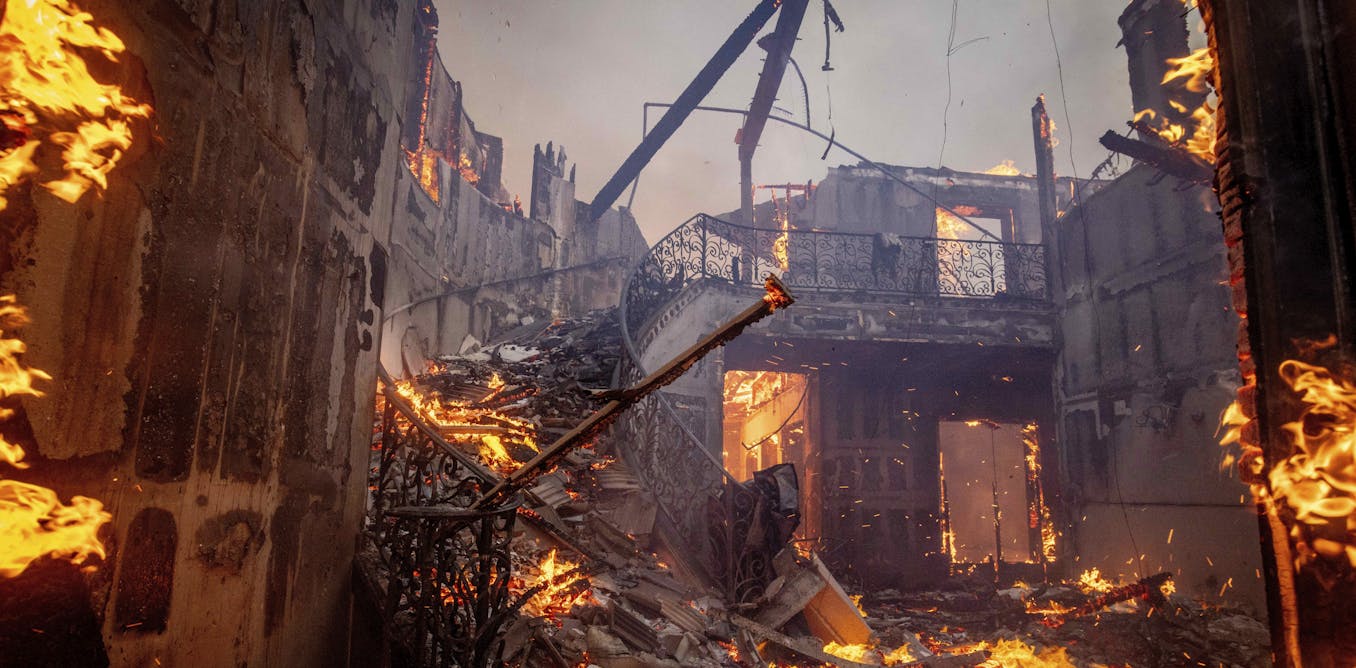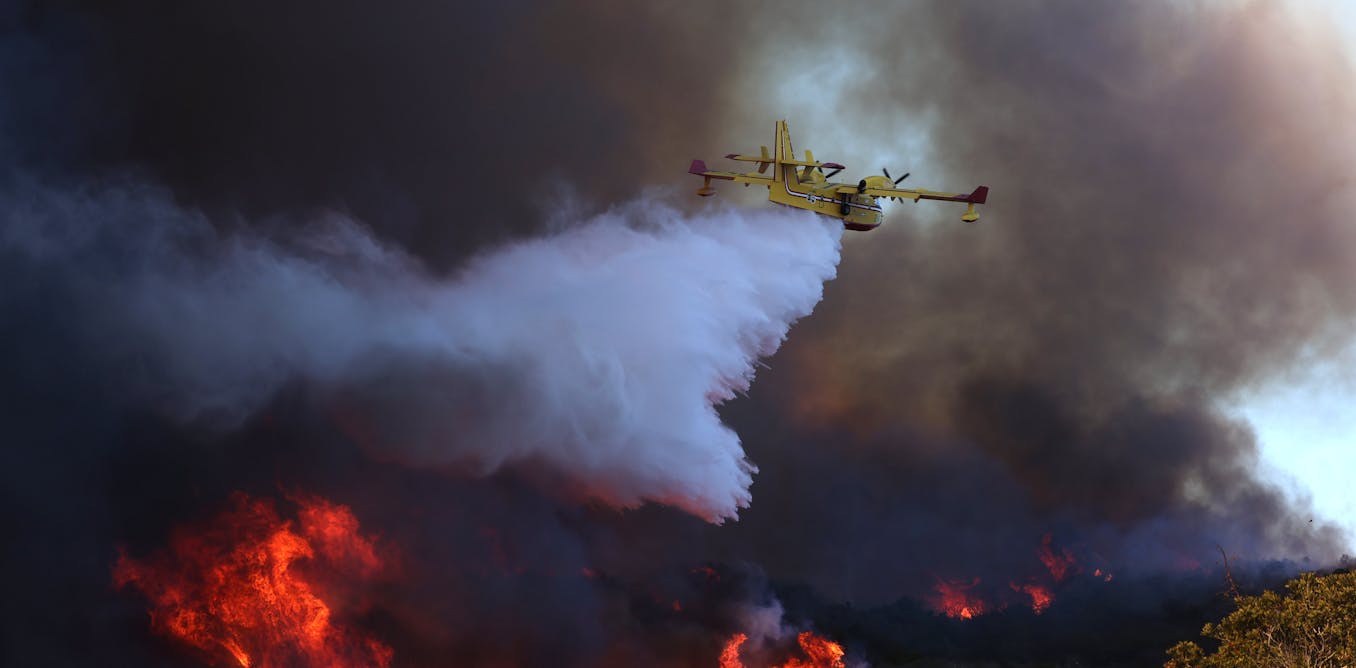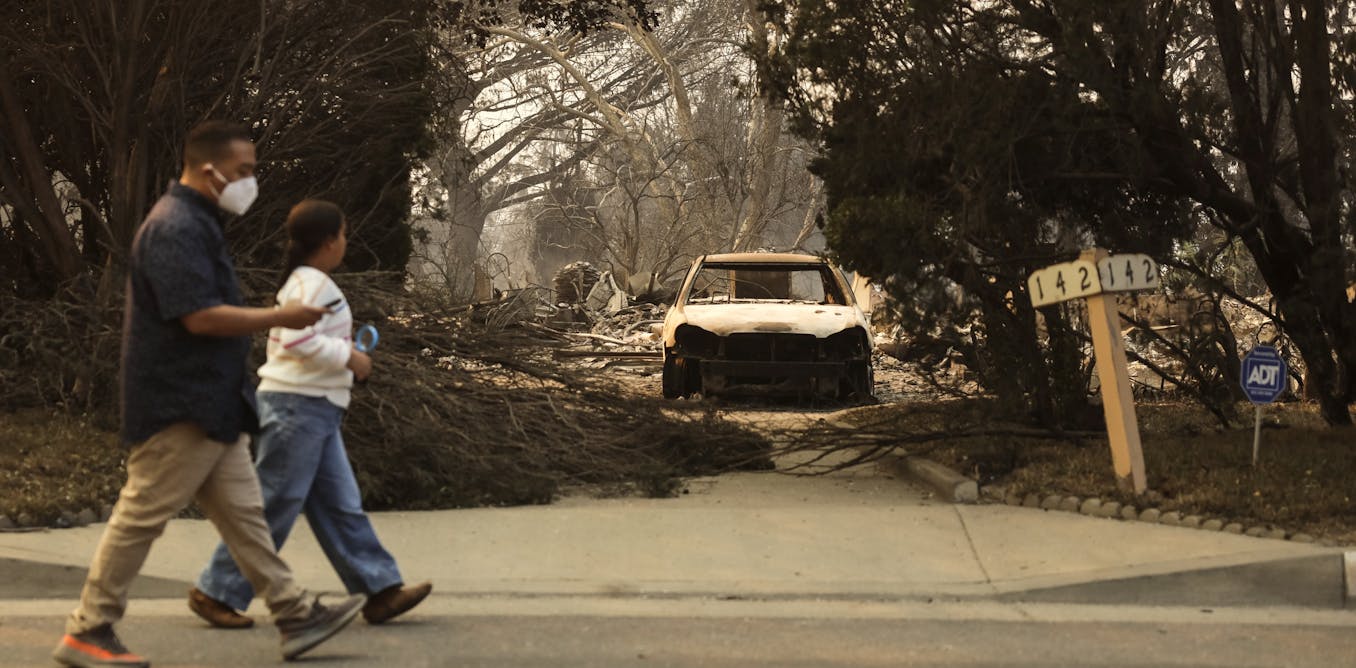LA fires: Fast wildfires are more destructive and harder to contain
The causes of the wind-driven fires that burned thousands of homes in the Los Angeles area are under investigation, but there were no lightning strikes reported at the time.
Jan. 13, 2025 • ~8 min









